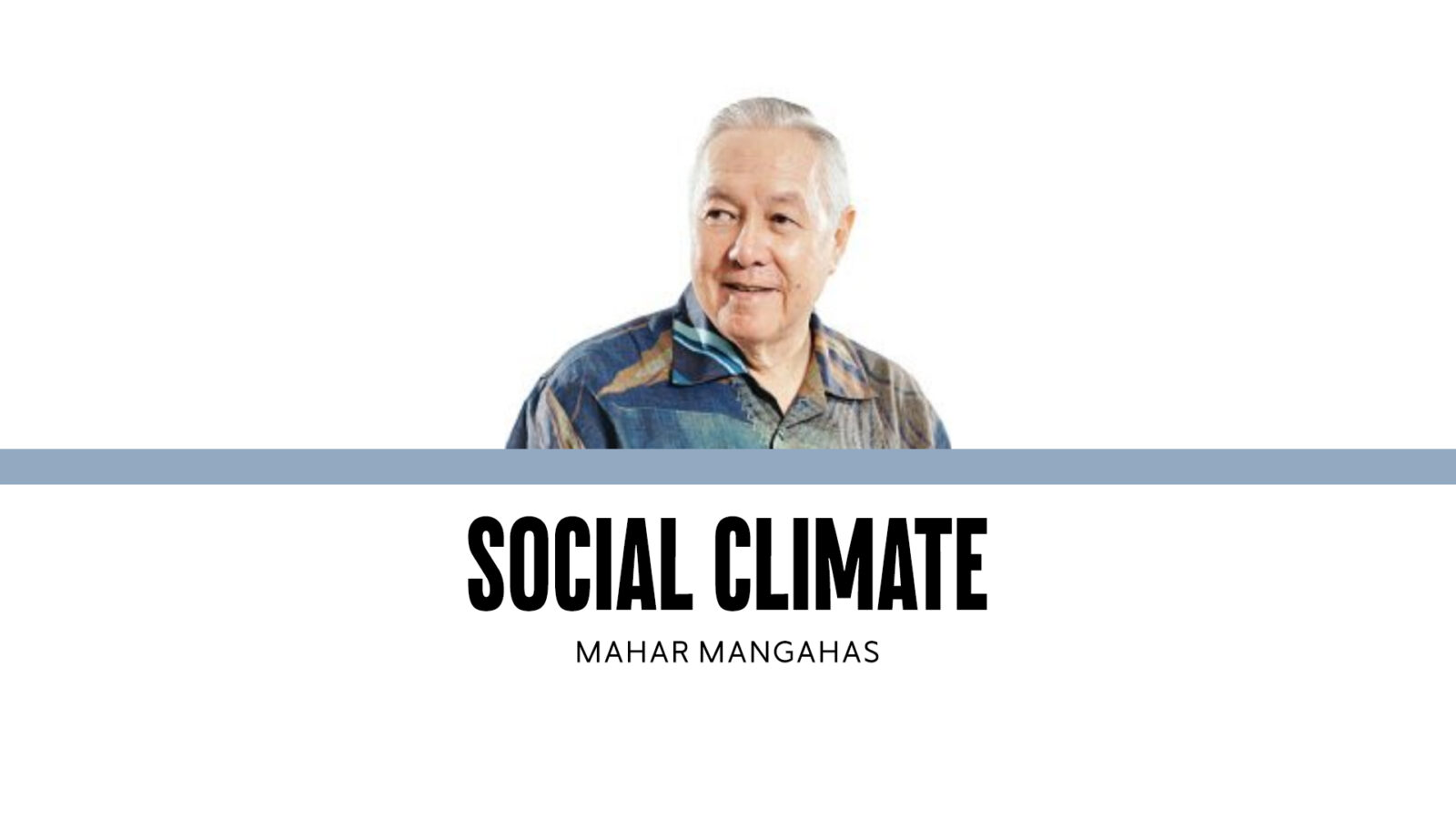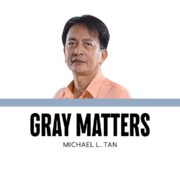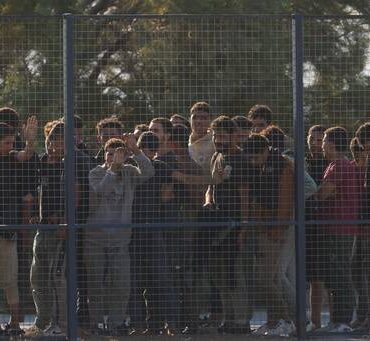Let poor children have milk

Last week, I attended the 47th Annual Scientific Meeting (Asm) of the National Academy of Science and Technology (NAST), which had the theme, “Bioscience Innovations: Transforming Enterprise Ecosystems for Wealth Creation.” The Asm is an annual event for presenting the cream of the nation’s scientists and science-practitioners, recognizing worthy publications, naming outstanding young scientists, forming resolutions addressed to the government, and inducting new members. (Disclosure: I have been an academician since 2018, in the social science division, which presently has ten members.)
An Asm is always educational. The (successful) battle against African swine fever was presented. I learned about stingless bees for the first time — their honey is not only sweet, but also medicinal. Among the many other topics: the development of telemedicine to poor, isolated communities; the discovery of new herbal medicines; the technology of modern oyster farming; and the scaling up of a modern, dairy industry, from raising cows to making and distributing ice cream.
It was after the presentation on the dairy industry that I made my one intervention from the floor: how much will this benefit the Filipino people as a whole, if the product is not considered essential for the poor?
I pointed out that, in 2011, the official poverty line was lowered by means of a new one-day menu to provide the minimum calories and nutrients needed by a family, at the least cost. It includes only boiled rice, boiled fish and boiled vegetables (see “The lowering of the official poverty line,” inquirer.net, 2/12/11). The menu was designed by the Food and Nutrition Research Institute, which happens to be an agency under the Department of Science and Technology.
Specifying food-preparation by boiling eliminates use of cooking oil and removes dependence on the coconut industry. The daily menu has absolutely no meat, or any animal product for that matter, and so there cannot be pork adobo. The fish in the menu is specified as the cheapest kind available – so definitely no oysters, clams, shrimps or crabs.
The menu has no dessert, so no need for sugar, honey or any other sweetener. Its one sweet item is one banana per day, which used to be two bananas in the old menu before it was “refined” in 2011.
Oh yes, the old, pre-2011 daily menu did specify milk for the children to drink. Starting 2011, that milk left the menu, and what remains is only a little milk for mixing with the coffee still allowed for adults. Children should wait till they grow old enough to drink coffee if they want a taste of milk. And, of course, if there cannot be milk, then there cannot be ice cream. There cannot be cheese, and there cannot be hot dogs, and therefore there cannot be Filipino spaghetti.
The poverty-line cost of food for one year is obtained simply by multiplying the daily cost by 365, i.e., there is no allowance for even an annual fiesta when pancit may be served. Because both the ingredients for pancit and the manner of cooking them are not allowed for the poor.
Then the minimum needed budget for items other than food is estimated by assuming that food makes up 69 percent – what we economists call the Engels ratio — of the total family-poverty-line. There are no separate costings for clothing, shelter, education, medicine, transportation, internet, etc. The Engels ratio is never adjusted, either.
(Incidentally, 2011 was not the first time to lower the poverty line. Some years earlier, all spending for tobacco, liquor and entertainment was removed, even if these could be found in the lowest expenditure decile according to the Family Income and Expenditure surveys; I did not mention this in the Asm anymore.)
From the way poverty is officially defined, it seems that the poor may engage themselves only as producers of pork, beef, chicken, eggs and dairy products. They may raise all kinds of crustaceans; they may produce honey in stingless-bee farms. But once they consume these products themselves, they officially no longer count as poor.
My suggestion: Let poor children have milk.
Dr Mahar Mangahas is a multi-awarded scholar for his pioneering work in public opinion research in the Philippines and in South East Asia. He founded the now familiar entity, “Social Weather Stations” (SWS) which has been doing public opinion research since 1985 and which has become increasingly influential, nay indispensable, in the conduct of Philippine political life and policy. SWS has been serving the country and policymakers as an independent and timely source of pertinent and credible data on Philippine economic, social and political landscape.





















Implications of expanded work immersion